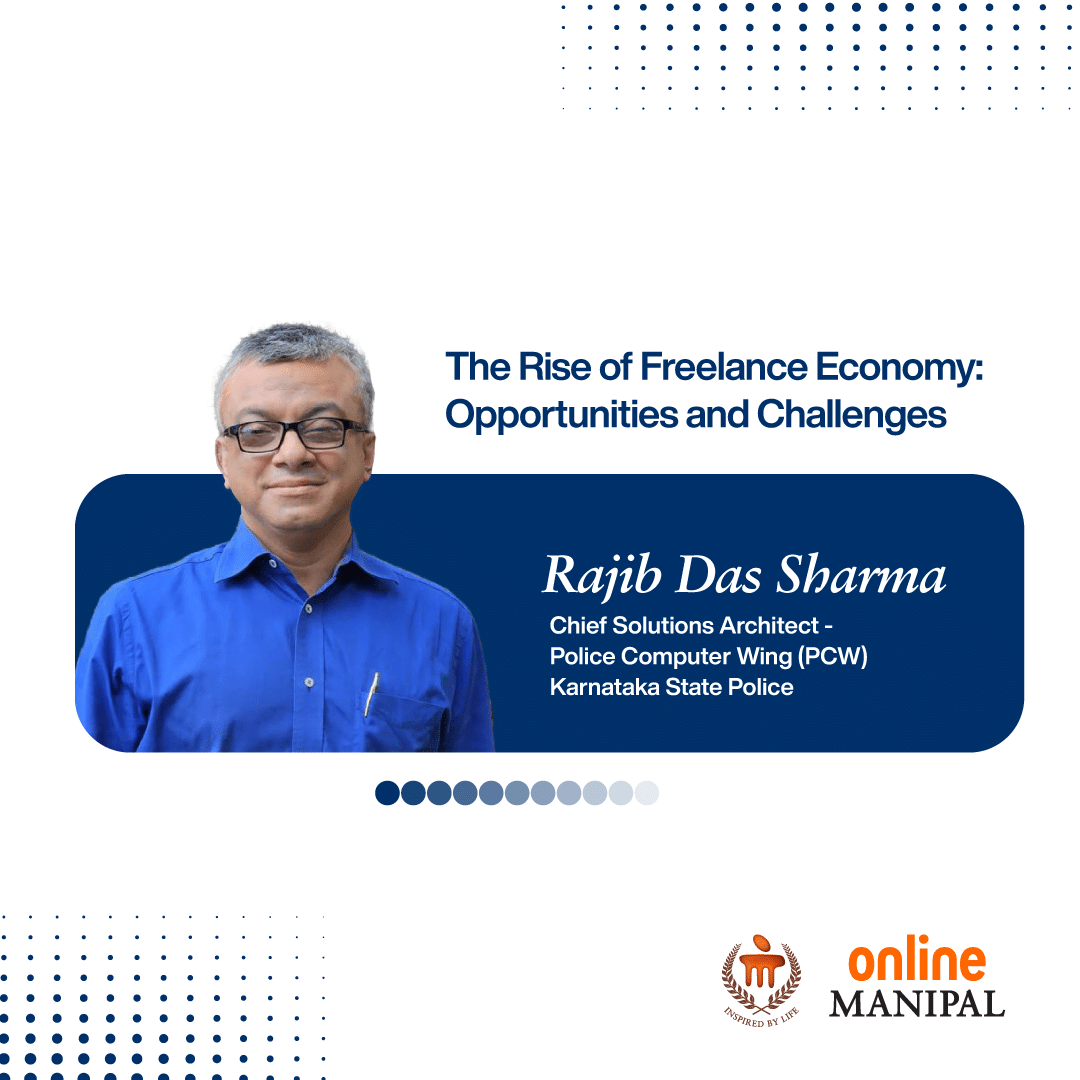Listen to this blog
The search for career chances abroad has grown more alluring in an age of widespread connection. This manual illuminates the way to success in global employment markets, acting as your compass. We’ll walk you through the complexities of working across borders as we set out on this adventure, including advice on how to write a strong CV, handle various interview situations, and comprehend the laws surrounding working abroad and land jobs in abroad.
This guide intends to equip you with the knowledge and abilities required to succeed in the cutthroat world of international professions, from interpreting cultural norms to utilizing networking techniques. So buckle in for a journey that breaks down barriers of distance and unlocks doors to a world of career opportunities. Let’s discover the keys to a prosperous international career.
You might also like Passion or degree: How to get a degree while still chasing your dream
Guide to international jobs around the world
1: Researching target countries
To guarantee a healthy fusion of career and personal goals, starting an international job hunt requires a thorough analysis of possible nations. To succeed in this attempt, people must conduct thorough research that points them toward destinations that fit their lifestyle preferences and job aspirations.
It is critical to comprehend the demands of the labor market. One can focus on locations with plenty of prospects by examining rising sectors, talent shortages, and in-demand industries. As adjusting to a new work culture improves job happiness and performance, cultural fit is equally important. It’s also crucial to consider language needs, whether they involve fluency in a language specific to a given nation or English competency.
Many web resources are quite helpful in conducting this research. Expatistan and Numbeo are websites that provide information about professional networks, cultural quirks, and the cost of living. International job sites and government portals are also excellent resources for information on employment trends and visa requirements.
2: Crafting an international resume
To create a strong foreign CV:
- Emphasize your abilities, experiences, and flexibility.
- Start with a brief and orderly synopsis that highlights your career objectives.
- Customize your CV to the position or industry you’re applying to, emphasizing accomplishments and measurable outcomes.
- Give a detailed summary of your schooling, mentioning any foreign degrees or certificates.
Emphasize language and cultural ability, as these are highly sought-after in global contexts. Describe your professional background, highlighting cross-cultural cooperation and worldwide influence. Remember that different nations may have different resume customs, so choose a clear and professional structure.
Add any pertinent foreign experience, such as studying overseas or working in various settings. Give references that demonstrate your ability to work globally. Finally, ensure there are no cultural biases and that your resume is simple to translate. A strong international CV highlights your qualifications and adaptability to various work environments.
Also read: Top careers in Quality Management in India and abroad
3: Building a global network
Developing a worldwide network is crucial for success in the global employment market. Building a strong professional network can provide access to opportunities and insights that might not otherwise be found in a world where connections are made regardless of geography.
It is impossible to exaggerate the importance of networking in the global job search process.
LinkedIn and other similar platforms are excellent resources that let people network with other professionals, join groups related to their business, and learn important information about particular employment markets. Engaging in active participation in online forums and debates pertinent to one’s desired area and region helps build relationships. It provides information about current trends in the business.
Another way to network in the target country is through local professional associations. Participating in industry events, seminars, and workshops promotes in-person encounters, which aids in developing deep ties between individuals and professionals, recruiters, and prospective employers.
These organizations frequently provide mentorship programs that help members navigate the complexities of the local employment market. Success stories abound of people using their international networks to land jobs. In addition to job leads, these relationships give priceless guidance on workplace norms, cultural quirks, and industry-specific insights.
4: Navigating the application process
Although the application process can seem overwhelming, it can be easier if you break it down.
- Find out the prerequisites for every course or job you’re considering beforehand.
- Make sure your cover letter and CV showcase your relevant experiences and talents.
- Keep an eye out for deadlines, and make sure to turn in your work on time.
- Ask for strong recommendation letters that highlight your advantages.
- Practice common interview questions and show real excitement to ace the interview.
- Verify the correctness and clarity of all application materials once again.
- Make use of networking opportunities to establish connections with experts in the field of your choice.
- To stay organized and monitor your progress, use a checklist.
- Finally, remember to persevere and adjust when facing possible obstacles.
You can effectively handle the application process if you prepare and work hard.
Also read: Can BCom graduates get jobs in the USA?
5: Overcoming visa and legal difficulties
Overcoming legal and visa obstacles calls for a calculated strategy.
- Start by being well-versed in the immigration regulations of the nation you plan to visit or work in. To guarantee accurate and current information, call immigration advisors or legal professionals. Carefully gather all necessary documentation; submissions that are not complete may be delayed or denied.
- Open lines of communication should be maintained with your potential company or school since they frequently know about helping people with visa applications. To account for probable delays, keep a proactive attitude and begin the application process well in advance. If you have unforeseen legal problems, speak with an immigration lawyer to learn about your options. Keep yourself updated on any changes to immigration laws that might affect you.
- Creating a personal and professional support system can be a great way to get advice and insights. Maintain thorough records of all correspondence and paperwork to expedite the procedure and quickly resolve any problems.
- Keep in mind to be resilient and patient the entire way. Legal procedures might be complicated, but you can improve your chances of resolving issues with your visa and the law by being well-prepared and taking proactive measures.
6: Upskilling with online degrees from reputed universities
Getting online degrees from respected universities such as Manipal University Jaipur is an excellent way to get a job in another country. Upskill with postgraduate degrees like an MBA or an MCA to show employers you have the skills and knowledge required to work abroad in a competitive environment.
Online degrees are flexible, so you can study while working or pursuing your current job. Employers all over the world trust online degrees from accredited universities. Also, online learning lets you study from anywhere, so you can access top-quality education no matter where you are. With an online degree, you’ll be able to acquire the in-demand skills and qualifications to land a job abroad more easily.
Also read: How do I apply for online MBA courses?
Conclusion
In summary, finding employment overseas is a complex undertaking that demands careful preparation and flexibility. Every stage of pursuing an international job is vital, from studying potential countries to creating an international CV, networking globally, navigating various application processes, and overcoming legal obstacles.
People can convert their goals into concrete prospects by adopting a proactive mentality, maintaining cultural awareness, and utilizing a globalized society. Those with expertise and strategic methods will be well-positioned to prosper in a variety of professional landscapes throughout the globe as the global job market continues to change.
Explore our online programs to become future-ready
View All Courses









